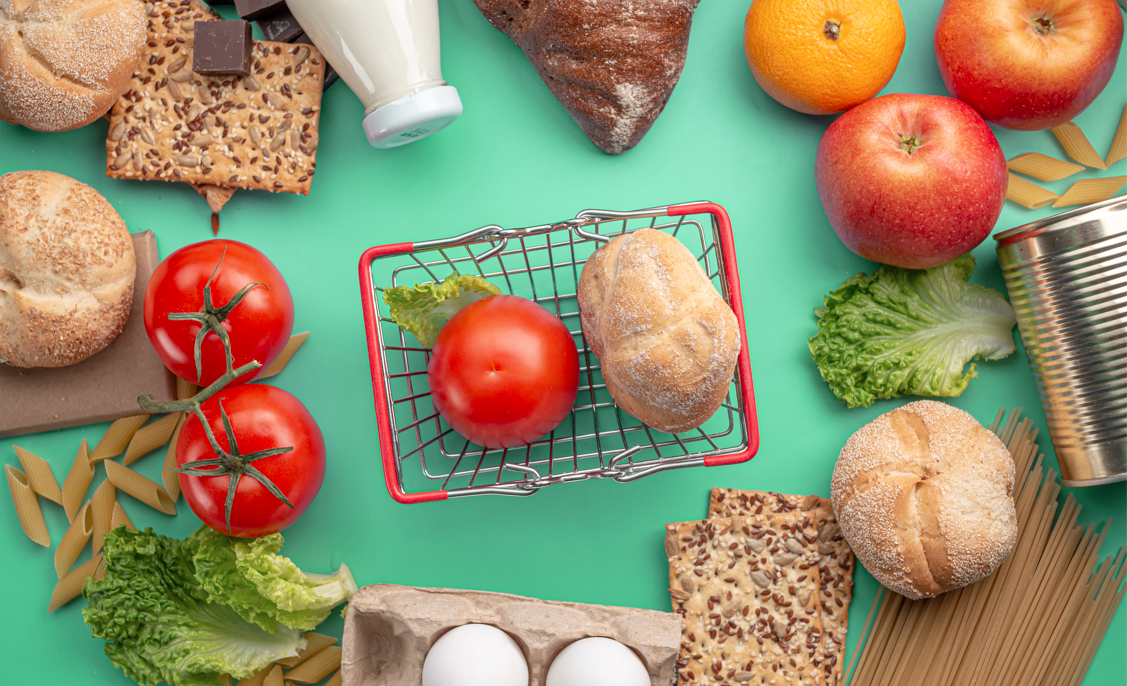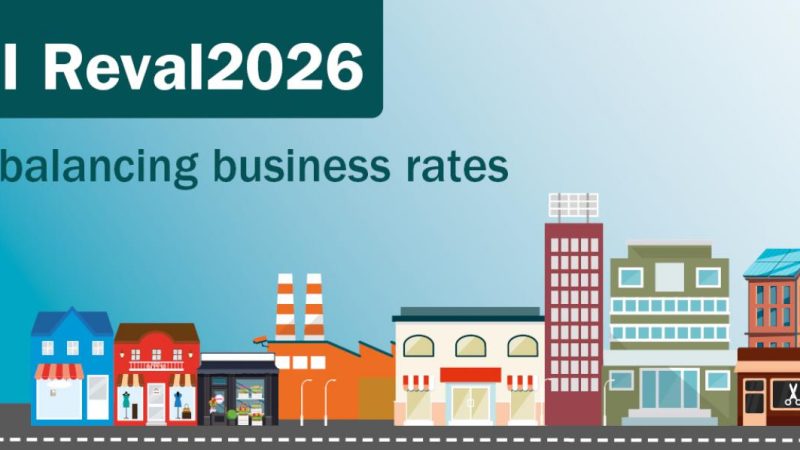Rising costs could push family spend up by £1,700 a year

A typical UK family will spend £1,700 more per year on household costs in 2022, according to a forecast for BBC Panorama.
The analysis, conducted by the Centre for Economics and Business Research (CEBR), projected the inflation rate would rise to 4.6% by Christmas, mainly due to higher fuel and energy prices.
Analysts said the full extent of rising costs is not yet being passed on to customers by supermarkets, because they don’t want to risk losing customers at their busiest time of the year.
Compared with December 2020, the typical UK family of two adults and two children is predicted to spend £33.60 more per week, due to inflation, adding up to £1,700 per year.
The forecast is based on the prices of commonly bought items, including food and drink, clothing and household goods. It also includes spending on utility bills, such as fuel and power; transport costs; and money spent on recreation and days out.
Panorama and CEBR, an independent economic consultancy, also compiled data for common food products to look at the price difference between this year and last.
The figures show the average cost of margarine has rocketed by 15.6%, while yoghurt has gone up by 9.7%. The average price of lamb has leapt by 8.5% and crisps have risen by 6.9%.
Meanwhile, butter has gone up by 6.4% on average, and pork is up 3.3%. The cost of a Christmas turkey has gone up by 1.3%, while the price of pigs in blankets has dropped by 2.8%.
“I’ve never known things to be as challenging as they are currently,” said Andrew Selley, chief executive of Bidfoods, one of the UK’s biggest food distributors. “Whether you’re looking at people resources, product availability, everything seems to be coming together at the moment and presents us with a very challenging set of circumstances.”
Richard Mowbray, the commercial director of TH Clements, one of the biggest vegetable growers, said his business had been hit by a shortage of seasonal workers from Europe.
To try to encourage more British workers to apply, TH Clements has increased wages and it expects these costs will eventually trickle down to consumers.
A global HGV driver shortage is also forcing wages up, with some UK supermarkets now offering more than £50,000 a year.
“That’s higher wages for those people driving those trucks. That’s obviously good news for them,” said economist Torsten Bell from the independent Resolution Foundation think-tank. “But it will, in time, feed through to higher prices for everybody else.”







